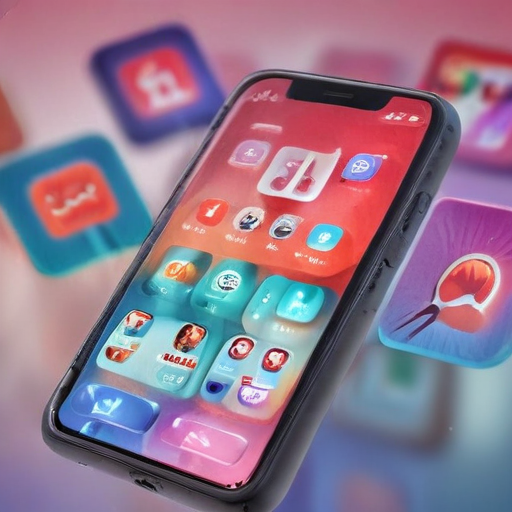As the Supreme Court deliberates the future of TikTok in the U.S., many American users are finding a new platform in Xiaohongshu, a popular Chinese social media app. On Tuesday, Xiaohongshu, which translates to “Little Red Book,” surged to the top of Apple’s U.S. App Store rankings amid growing interest from Americans seeking alternatives to TikTok.
Launched in 2013, Xiaohongshu boasts around 300 million users and has been likened to Instagram, thriving on the sharing of lifestyle content, travel tips, fashion, and beauty advice. However, it has largely remained within the Chinese-speaking demographic until this recent surge connected to concerns over TikTok potentially being banned in the U.S.
The hashtag “TikTok refugee” is trending, with nearly 60 million views as users express their decision to migrate in response to the U.S. government’s actions against TikTok. One user remarked, “Our government is out of their minds if they think we’re going to stand for this TikTok ban,” emphasizing that they are seeking refuge on a new Chinese platform.
This unexpected shift has fostered interaction between American and Chinese users, creating opportunities for cultural exchange. Many American users have encouraged others to avoid political discussions on the platform, prioritizing enjoyment and respect for existing members of the community. One Chinese user reflected on this moment as historic, highlighting an unprecedented connection between the citizens of the two countries.
Ivy Yang, a tech analyst, emphasized the potential for meaningful exchanges forged by this influx of American users, noting the organic community building that could leave a lasting impact. This cross-cultural interaction echoes similar moments seen with other platforms like Clubhouse, where users shared unmoderated discussions before it was blocked in China.
Unlike TikTok, which is not accessible in China, Xiaohongshu caters to user interests through its content algorithm, focusing less on influencers and more on organic content creation. This quality may account for its appeal as users seek a refreshing environment with a different social media experience.
Furthermore, American users are not only shifting to Xiaohongshu—Lemon8, another lifestyle app owned by ByteDance and similar to TikTok, is currently the second most downloaded app in the U.S. However, uncertainties remain regarding its future in light of potential regulatory actions against ByteDance-owned applications.
In a time where digital connections between cultures seem vital, this development holds promise, as users embrace new platforms and foster relationships that transcend borders. This wave of change may lead to a lasting cultural exchange that enriches both communities.
